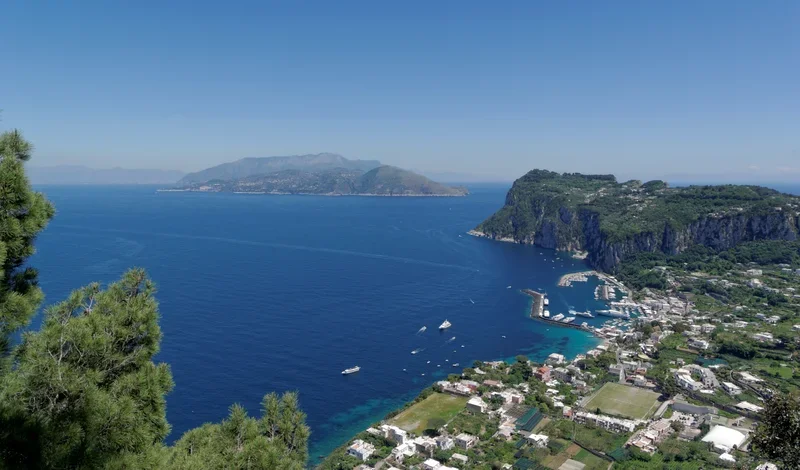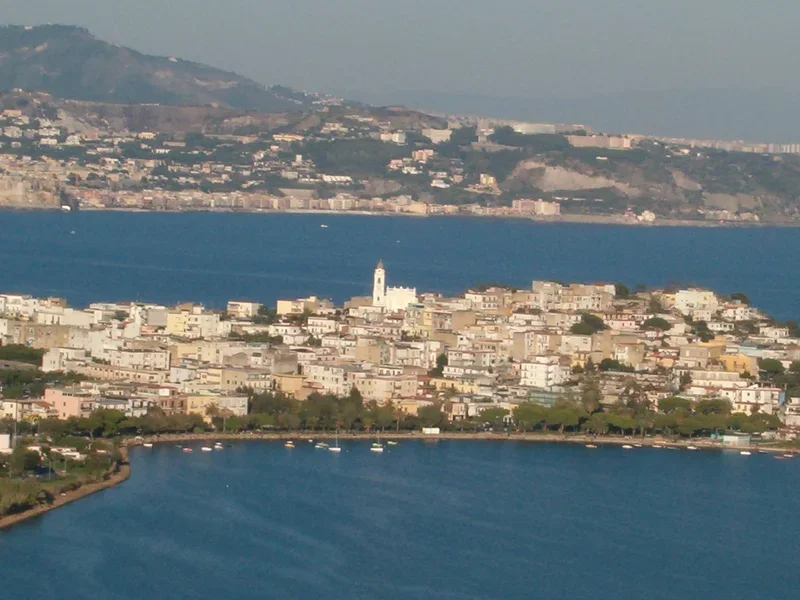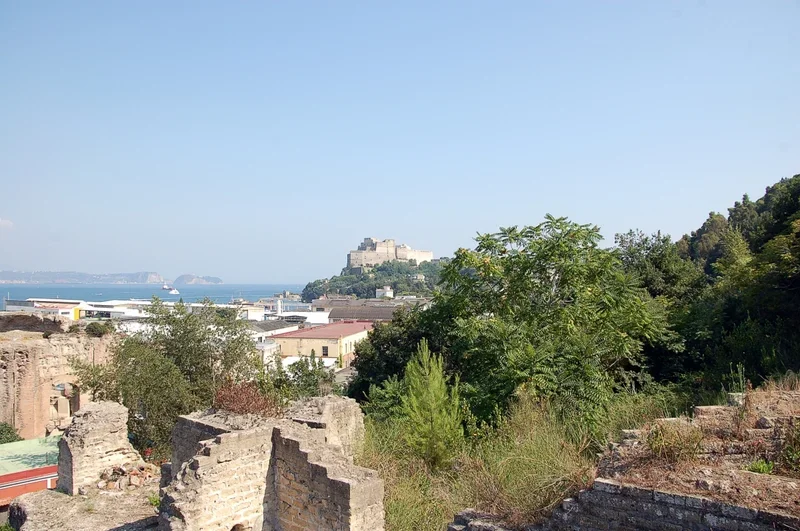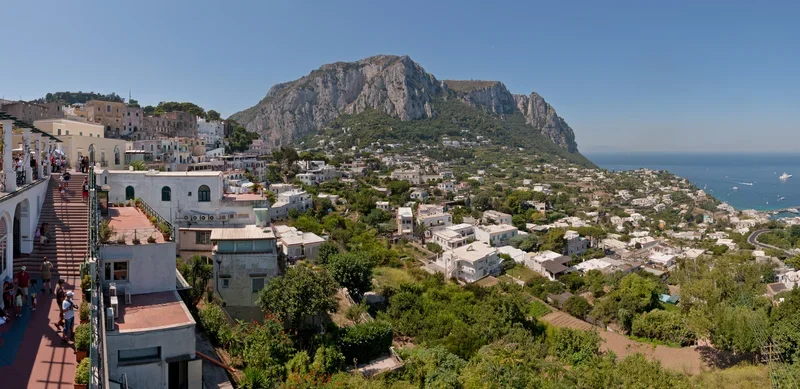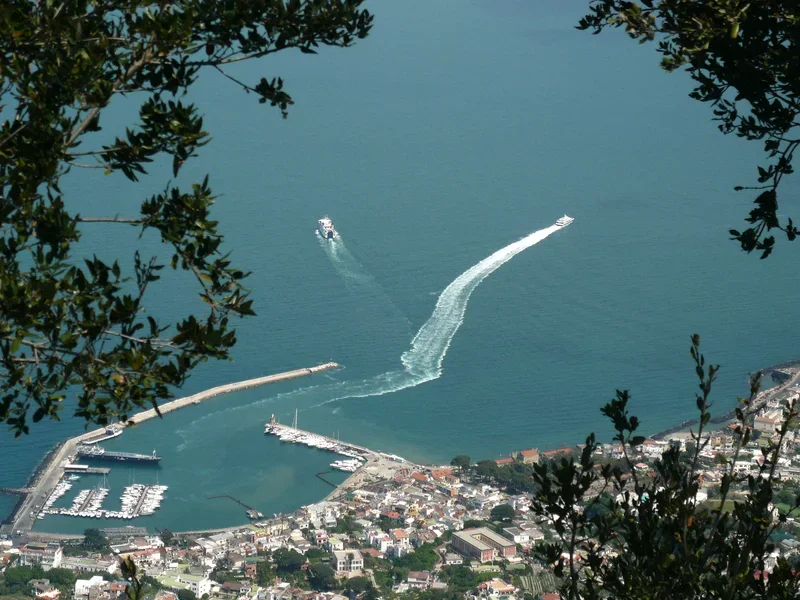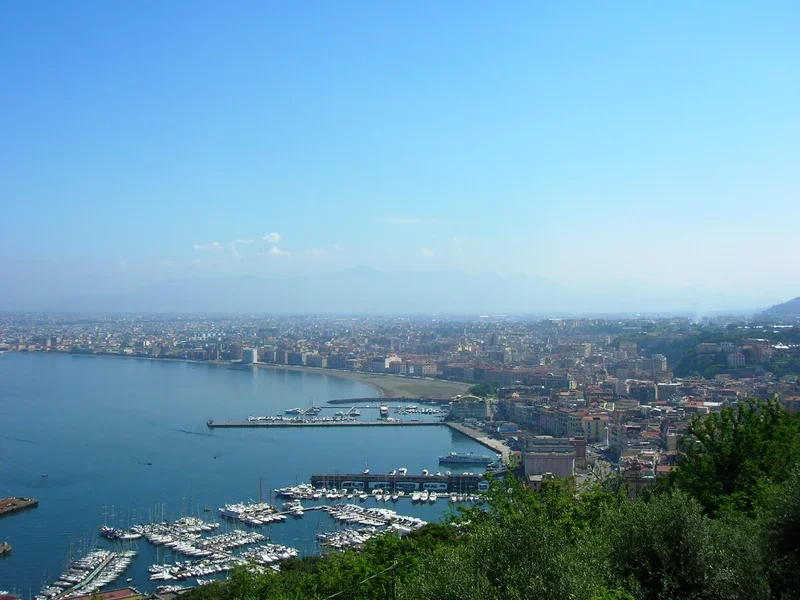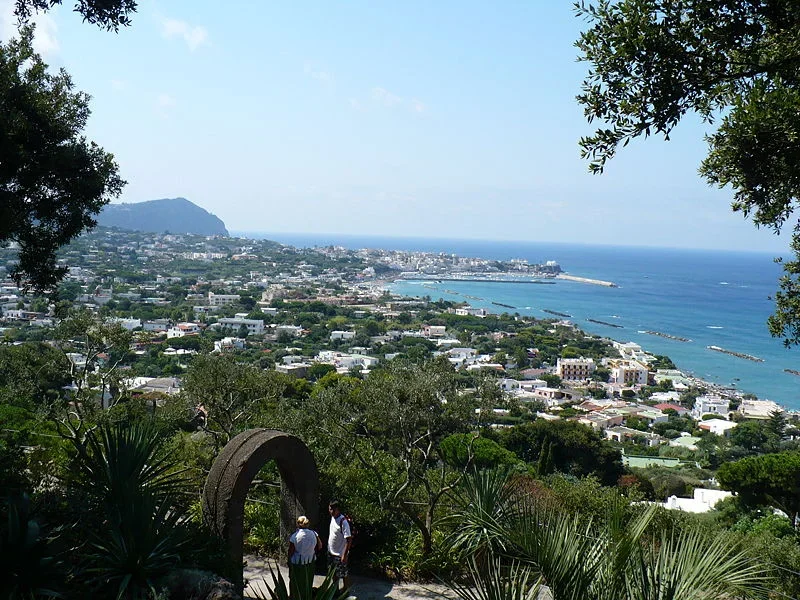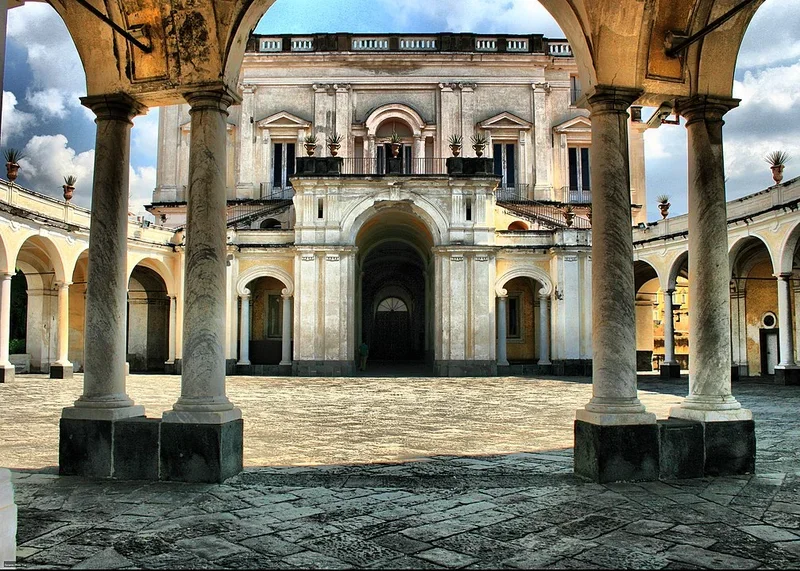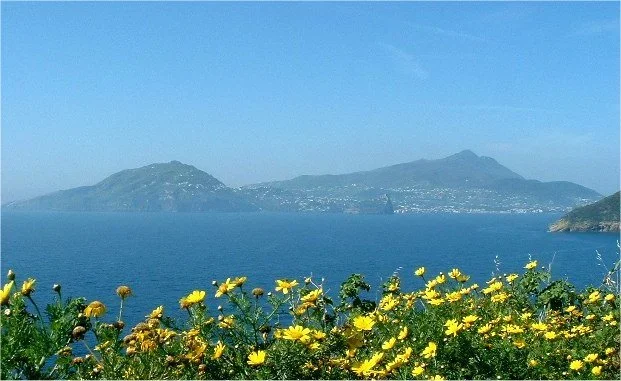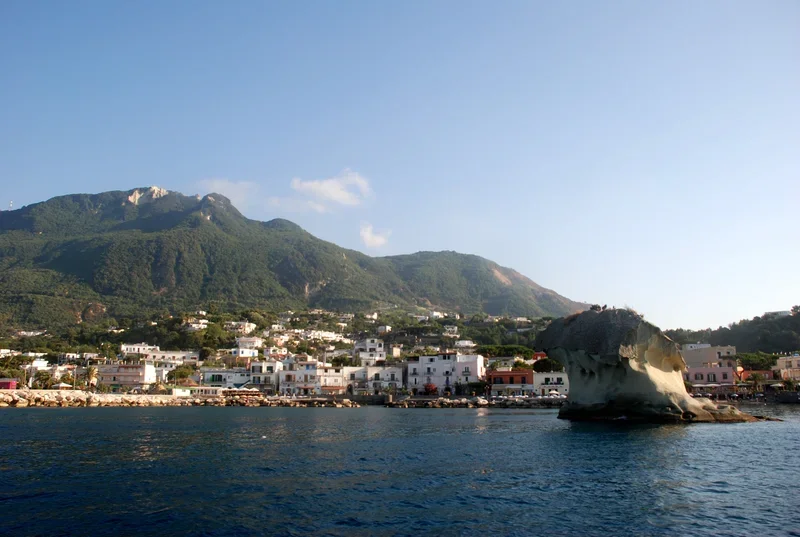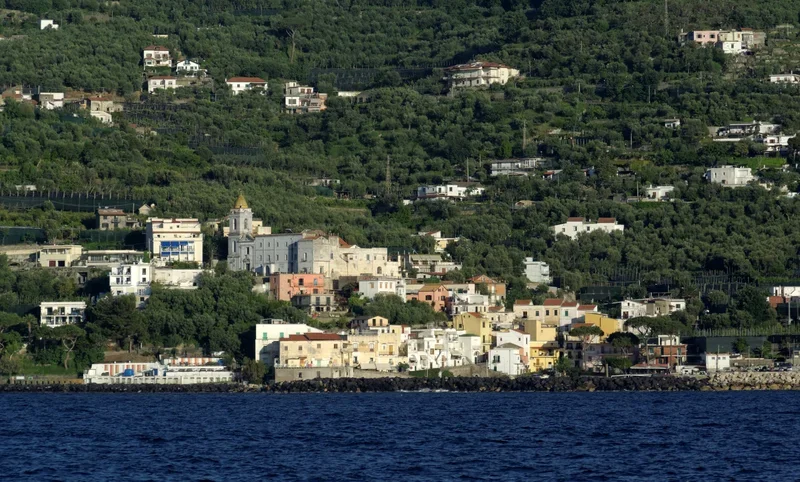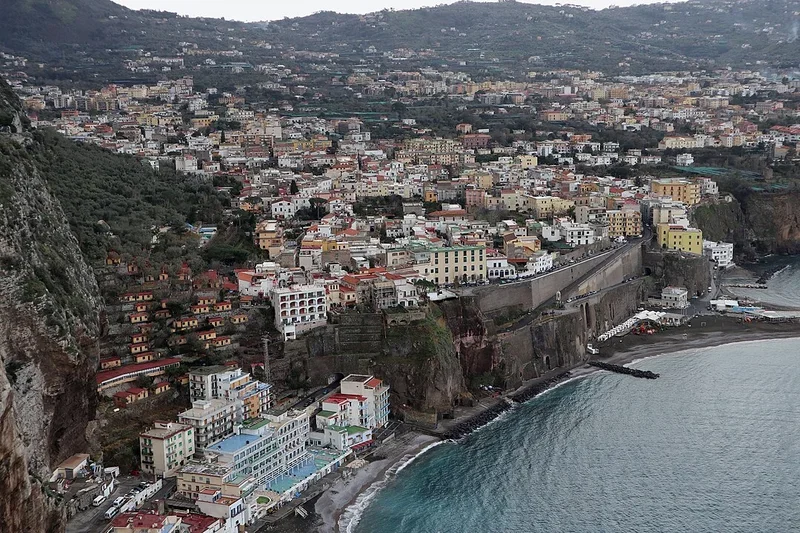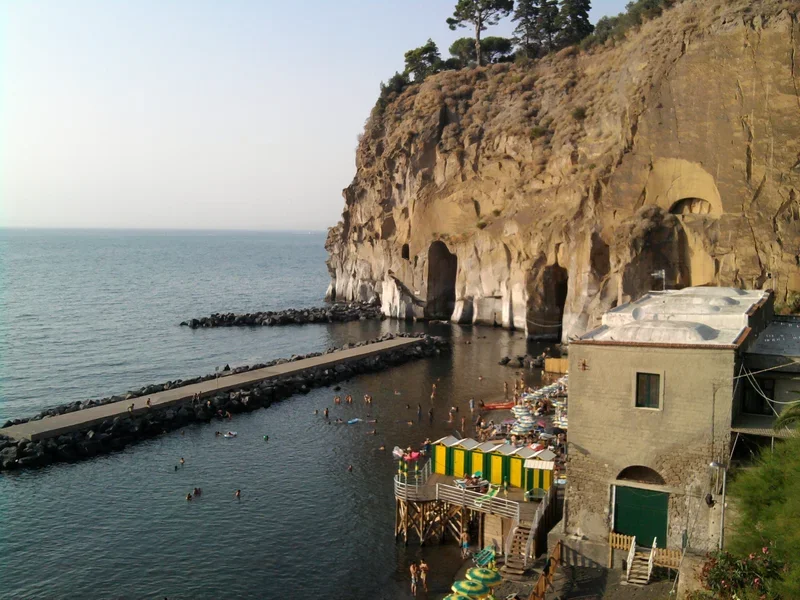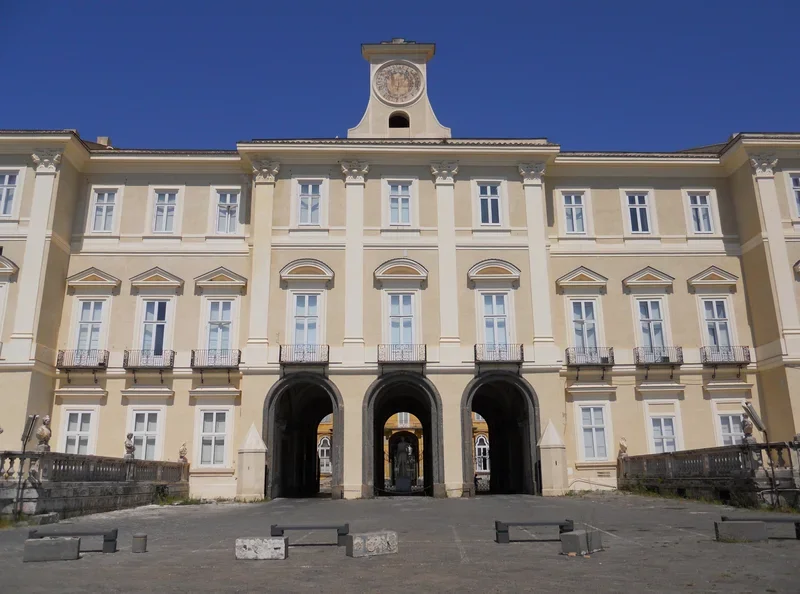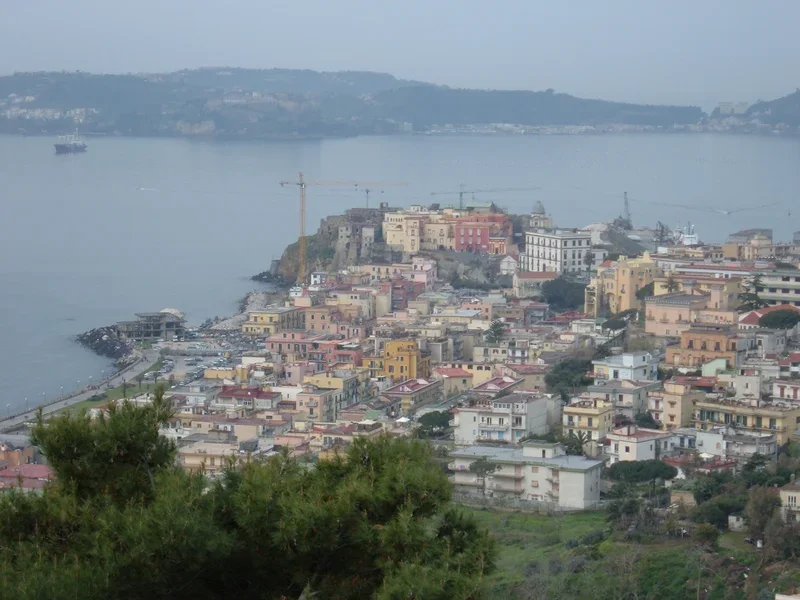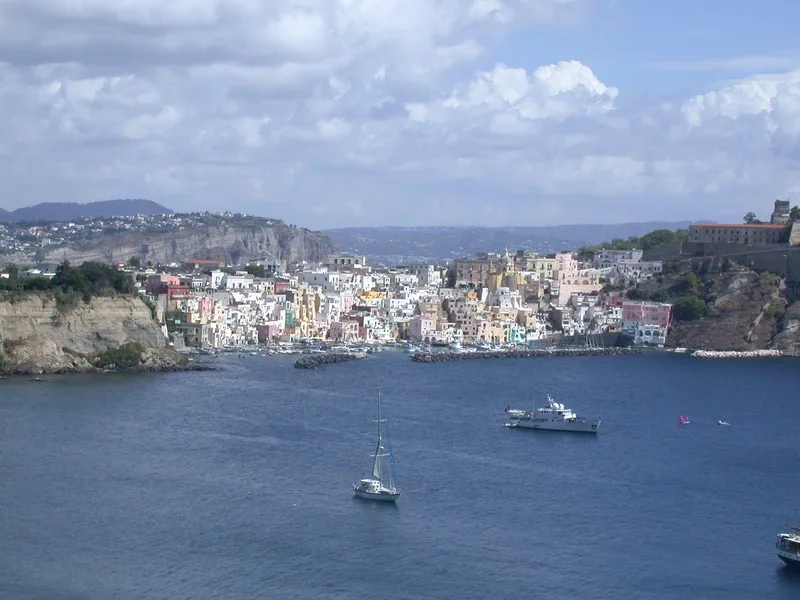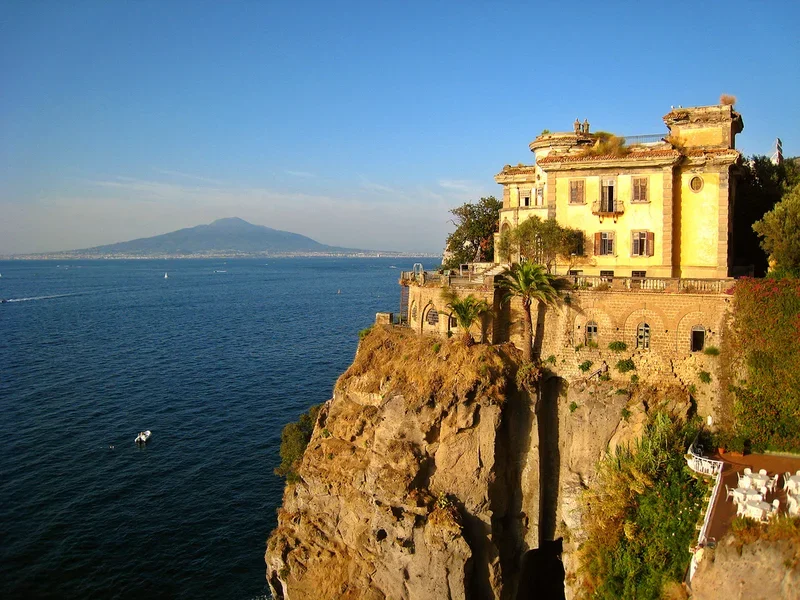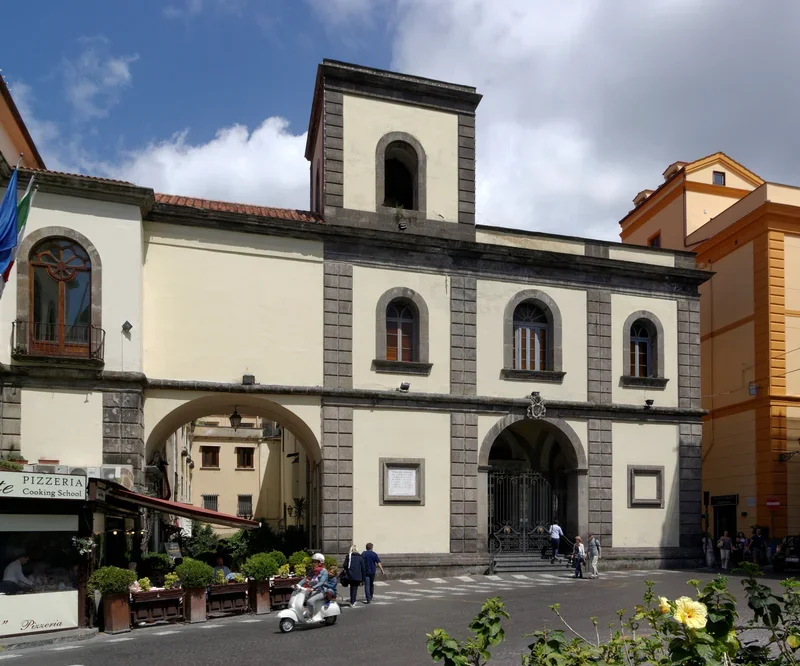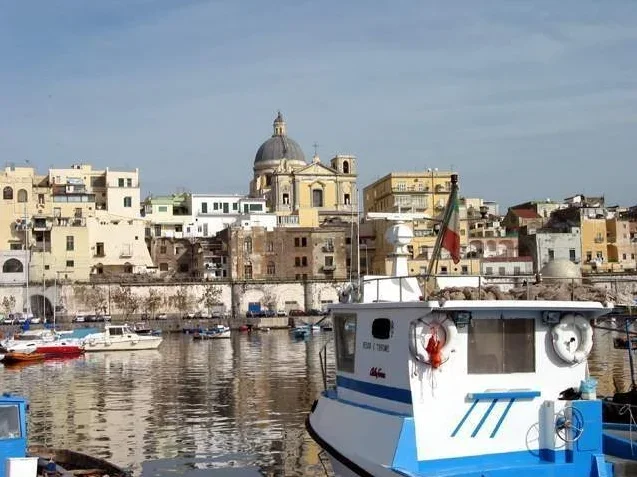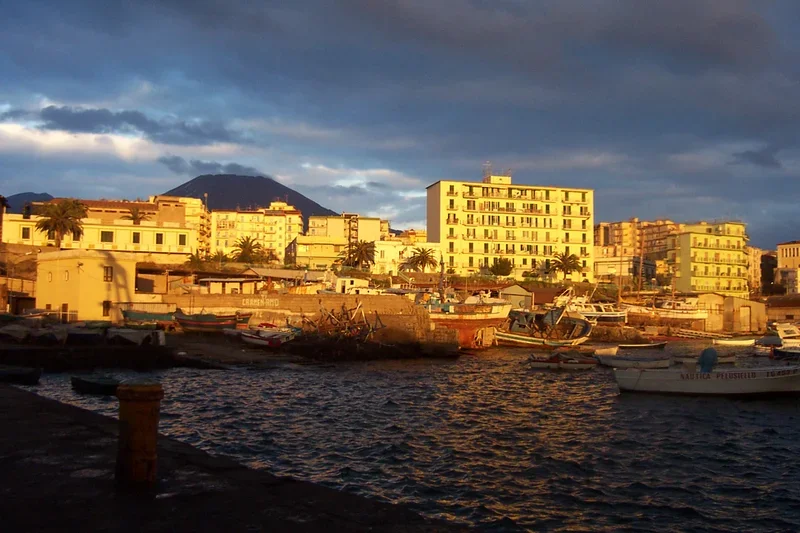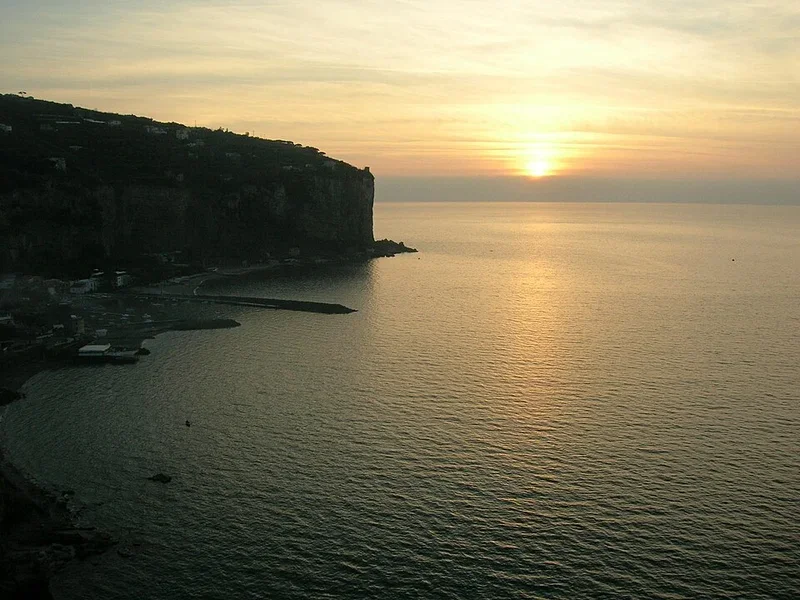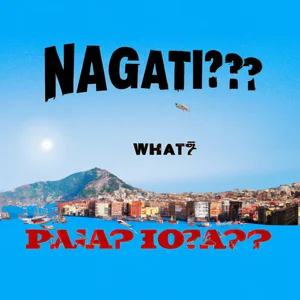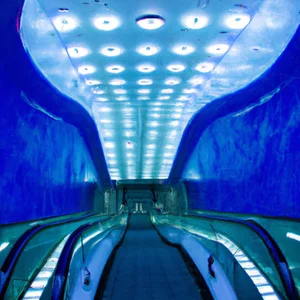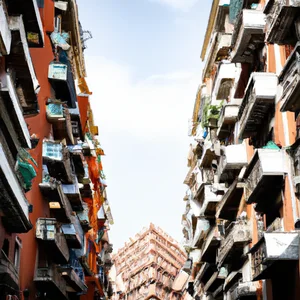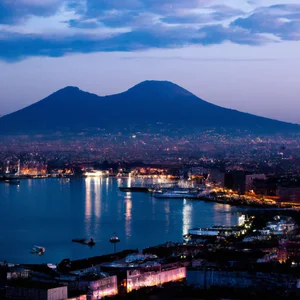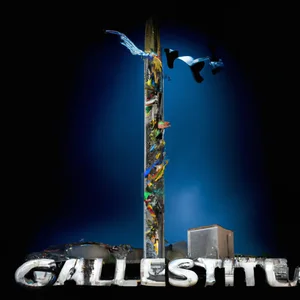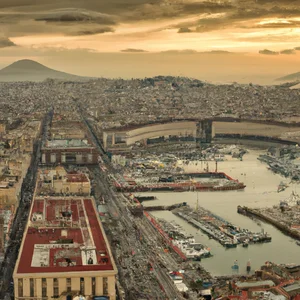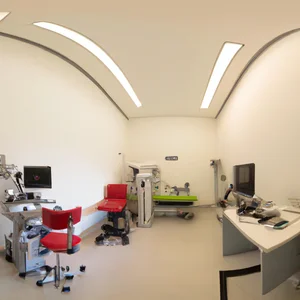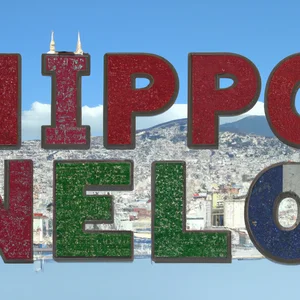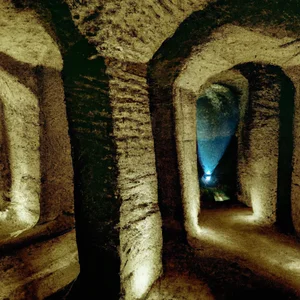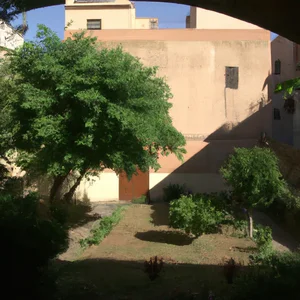Book your experience
Discover the story of the song 'Don Raffae' by Fabrizio De André and let yourself be enchanted by the charm of Naples
Naples, a city steeped in history, culture and traditions, is the stage of one of the most iconic songs of Italian music: “Don Raffae” by Fabrizio De André. This song is not just a compelling melody, but a real story that unfolds through the streets and stories of a vibrant and complex Naples. In this article, we will explore the origins of “Don Raffae”, immersing ourselves in De André’s artistic universe and his deep connection with the Neapolitan city. We will analyze the lyrics of the song, revealing the nuances and meanings that lie behind the words, and we will discover the inspiration that gave life to the character of Don Raffae, symbol of a Naples that struggles between tradition and modernity.
The melody is enriched by the rhythm of the tarantella, a fundamental element that not only accompanies the text, but amplifies its emotion and passion. In our journey, we will not fail to contextualize the song within the 80s, a period of great social and political turmoil for Naples, and to reflect on the social criticism that De André expresses through his music. We will focus on the influence that “Don Raffae” had on Neapolitan culture and the way in which he shaped the perception of the city in the Italian musical panorama. Finally, we will discover the places in Naples that form the backdrop to the story narrated in the song, offering an invitation to visit and experience in person the atmospheres that De André immortalized with his art. Prepare to be enchanted by a journey that combines the beauty of music with the magic of Naples.
Origins of the song ‘Don Raffae’
Don Raffae: a song of protest and denunciation
The song ‘Don Raffae’ is one of the most famous songs by the Italian singer-songwriter Fabrizio De André, included in the 1975 album entitled “Volume 8”. The song tells the story of a man named Raffaele who, through his life and actions, symbolically embodies the injustices and corruptions present in Italian society at the time.
The song draws inspiration from real events and crime news figures of the time, offering a biting social criticism of power and corruption. The lyrics of the song highlight the figure of Don Raffaele, a man who gets rich through shady deals and political connections, manipulating and exploiting the people around him.
‘Don Raffae’ therefore represents a denunciation of the injustices and inequalities present in Italian society in the 70s, highlighting the presence of a corrupt and dishonest ruling class. The song fits into a context of strong social and political protest, in which many Italian artists tried to raise public awareness through music and words.
The figure of Don Raffaele therefore becomes a symbol of the injustices and corruptions of power, offering a cross-section of the Italian reality of the time. The song still remains one of the most famous and significant pieces in Fabrizio De André’s repertoire, demonstrating his ability to deal with complex issues and current affairs with depth and sensitivity.
Fabrizio De André and his connection with Naples
Introduction
Fabrizio De André was one of the greatest Italian singer-songwriters, known for his intense and profound songs that often addressed social and political themes. His connection with Naples dates back to the 1960s, when he began to frequent the city and draw inspiration from its culture and traditions.
Songs about Naples
De André wrote several songs about Naples and its inhabitants, including "Don Raffae", "Hotel Supramonte" and "Bocca di Rosa". These songs reflect the deep knowledge and love that De André had for the city and its people.
The Neapolitan Influence in De André's Music
Naples had a significant influence on the music of De André, who often incorporated elements of the Neapolitan musical tradition into his songs. His deep and melancholy voice mixed perfectly with the sounds of the tarantella and traditional Neapolitan melodies.
Recognition by Naples
Naples has always recognized and admired De André for his talent and his ability to capture the soul of the city in his songs. Even after his death, De André is still considered one of the greatest Italian singer-songwriters of all time, and his connection with Naples remains indelible.
Analysis of the lyrics of 'Don Raffae'
The lyrics of the song 'Don Raffae' by Fabrizio De André are a complex work that tells the story of a Camorra boss from Naples and his tragic end. The song, written in 1974, is based on a true story of a boss named Raffaele Cutolo, known as 'o Professore, who was arrested and convicted for his crimes in 1983.
In the text, De André paints a dark and dramatic portrait of Don Raffae, describing him as a powerful and ruthless man who dominates the city with his violence and control. The atmosphere of the song is dark and oppressive, with lyrics that evoke a sense of fear and desperation.
The text also reflects on the theme of corruption and social injustice, highlighting how the figure of Don Raffae is the product of a rotten and corrupt system. De André openly criticizes the power of the Camorra and its ability to control the lives of ordinary people, leading to destruction and death.
The song ends on a tragic note, with Don Raffae being arrested and convicted for his crimes, marking the end of his reign of terror. De André's melancholic melody and touching words make 'Don Raffae' one of his most powerful and significant songs, which continues to resonate in the Italian musical landscape.
The inspiration behind the character of Don Raffae
Origins of the character
The character of Don Raffae in Fabrizio De André's song is inspired by a real figure, namely Raffaele Cutolo, a well-known criminal and Camorra boss active in Naples in the 1980s. Cutolo was the head of the New Camorra Organized (NCO), one of the most dangerous criminal organizations of the period. His brutality and his power in the criminal underworld made him a feared and respected figure in the Neapolitan city.
Character characteristics
Don Raffae, as depicted in the song, is a powerful and ruthless man, capable of controlling entire neighborhoods with his strength and charisma. The text describes his authority and the fear he inspires in his subjects, who consider him a true godfather.
The figure of Don Raffae symbolizes not only the criminal power and violence of the Camorra, but also the corruption and social injustice present in Naples at the time. The character represents the struggle for control of the territory, the rivalry between clans and the submission of common people to a dark and ruthless power.
The role of the tarantella in 'Don Raffae'
The role of the tarantella in 'Don Raffae'
The influence of popular music in Fabrizio De André's song
The tarantella is a key element in the song 'Don Raffae' by Fabrizio De André, as it represents a symbol of Neapolitan popular culture. The tarantella is a very popular musical and dance genre in Southern Italy, particularly in Campania and Puglia, and has ancient roots that date back to the medieval period.
In the song, the tarantella is used as a characterizing musical element, giving the song a typically Neapolitan and engaging atmosphere. The lively and rhythmic melody of the tarantella accompanies the lyrics of 'Don Raffae', creating an interesting contrast with the darker and more complex themes addressed in the song.
The presence of the tarantella in 'Don Raffae' underlines the importance of popular and traditional music in Neapolitan culture, and demonstrates how De André was able to mix elements of tradition with his personal poetics and his universal themes.
Through the use of the tarantella, De André gives the song an authentically Neapolitan soul, celebrating the roots and identity of the city and giving the song an aura of authenticity and belonging to the local cultural context.
The historical and social context of Naples in the 1980s
To fully understand the meaning of the song 'Don Raffae' by Fabrizio De André, it is important to analyze the historical and social context of Naples in the 1980s. During that decade, the city of Naples was plagued by serious economic, social and political problems. The high unemployment rate, the widespread presence of organized crime and rampant corruption were just some of the challenges that Neapolitans had to face on a daily basis.
The precarious socio-economic situation had led to a widespread sense of frustration and disillusionment among the population, which was also reflected in the music and popular culture of the time. 'Don Raffae' by Fabrizio De André represents a raw and realistic portrait of this context, through the story of a Camorra boss who exercises power and control over the city.
The song highlights the social inequalities and injustices present in Naples, highlighting the struggle for power and survival that characterized the daily life of the inhabitants. Through De André's incisive and provocative words, 'Don Raffae' becomes a symbol of resistance and denunciation of a corrupt and oppressive system.
Social criticism in the song 'Don Raffae'
The song 'Don Raffae' by Fabrizio De André is one of his most famous and representative songs, known for its strong social and political criticism. The lyrics of the song address universal themes such as social injustice, corruption and inequality, through the story of the character of Don Raffae, a powerful and ruthless Camorra boss from Naples.
De André, through the narrative voice of the song, denounces the presence and influence of organized crime in the Neapolitan social fabric, highlighting the harmful consequences that this reality brings to the daily lives of ordinary people. The text highlights the contrast between the luxurious and comfortable life of the boss and the misery and suffering of ordinary people who live in fear and oppression.
The social criticism present in 'Don Raffae' also extends to the political and institutional class, represented as complicit and corrupt, incapable of effectively countering the power of organized crime and guaranteeing justice and security for honest citizens. De André highlights the connivance between political and economic power and the criminal world, highlighting the dysfunctions and injustices of the system.
Through the figure of Don Raffae, De André symbolically represents the evil rooted in society, the unjust and violent power that oppresses and exploits the weakest. The song invites reflection and awareness on the need to fight the injustices and inequalities present in society, through denunciation and resistance.
The influence of the song on Neapolitan culture
The importance of 'Don Raffae' in Neapolitan culture
The song 'Don Raffae' by Fabrizio De André had a significant impact on Neapolitan culture. The song, with its engaging melody and touching lyrics, was able to capture the essence of the city of Naples and its inhabitants. The song contributed to spreading Neapolitan music and enhancing the traditions and history of the city.
The reference to the Neapolitan musical tradition
One of the most significant aspects of 'Don Raffae' is its reference to the Neapolitan musical tradition. The song features influences from typical musical genres of the city, such as the tarantella, which give the song a unique sound identity. This has contributed to strengthening the link between the song and Neapolitan musical culture, keeping the roots of tradition alive.
The immortality of 'Don Raffae' in popular culture
Even many years after its publication, 'Don Raffae' continues to be a point of reference in Neapolitan popular culture. The song is still loved and appreciated by many people today, who consider it a true hymn to the city of Naples and its unique spirit. Thanks to its lasting influence, 'Don Raffae' has become a symbol of Neapolitan culture and has helped consolidate its reputation nationally and internationally.
Places in Naples mentioned in 'Don Raffae'
The song 'Don Raffae' by Fabrizio De André mentions several characteristic places in Naples, which contribute to creating an atmosphere full of charm and tradition. Some of these places are:
1. Via Toledo: One of the most famous and ancient streets of Naples, known for its historic shops and the lively atmosphere that characterizes it.
2. Il Vomero: A hilly neighborhood of Naples, known for its splendid panoramic views of the city and its elegant period buildings.
3. Piazza Plebiscito: One of the main squares of Naples, dominated by the majestic façade of the Royal Palace and the Basilica of San Francesco di Paola.
4. The Umberto I Gallery: An elegant and evocative 19th century shopping center, with a splendid glass and wrought iron dome.
5. The Spanish Quarter: A historic neighborhood of Naples, characterized by narrow alleys, colorful facades and a vibrant and authentic atmosphere.
These places not only serve as a backdrop for the narrative of 'Don Raffae', but also contribute to creating a vivid and evocative image of the city of Naples, with its rich history, its unique culture and its unparalleled beauty. time.

